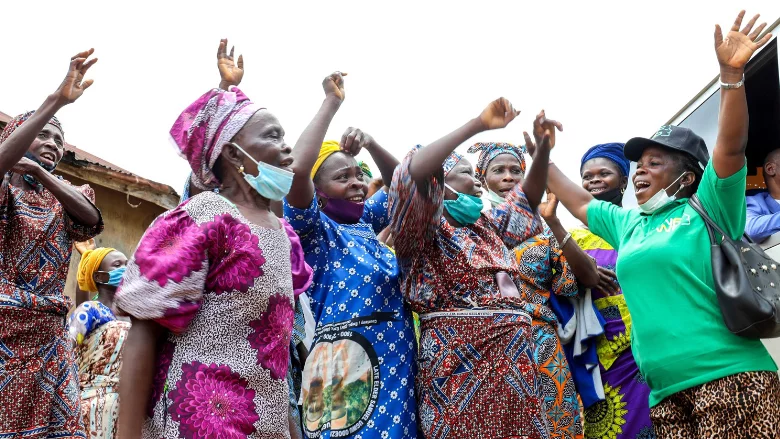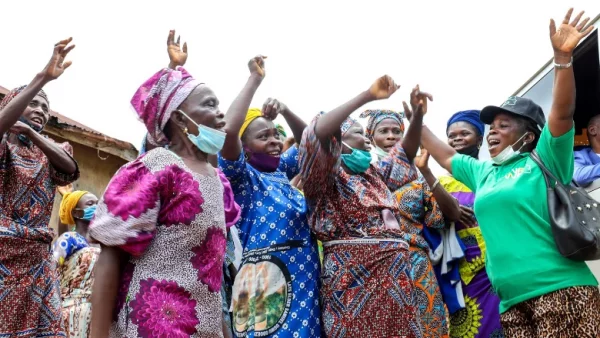Nigerian women have long been pivotal in shaping societal transformations and overcoming systemic barriers such as gender inequality, poverty, and limited access to education and political power. Today, their contributions to social change are increasingly visible across activism, economic empowerment, and political advocacy, fueled by the resilience and innovative use of modern tools like social media. This article explores how women are driving social change in Nigeria, drawing from current examples and scholarly insights.
Read more about Women
Grassroots Activism and Social Media Mobilization
Nigerian women are leveraging digital platforms to amplify their voices and challenge societal norms. The Feminist Coalition, co-founded by Damilola Odufuwa and Odunayo Eweniyi in 2020, exemplifies this shift. During the EndSARS protests, the group raised over ₦150 million to support demonstrators, showcasing women’s organizational prowess. Scholar Minna Salami notes that hashtags like BeingFemaleinNigeria have sparked nationwide conversations about gender discrimination, with over 80,000 mentions on Twitter by 2015, a trend that persists. These movements highlight how women use technology to confront patriarchy and mobilize communities, fostering a new wave of feminist consciousness.
Sign up for the Connect Nigeria daily newsletter
Economic Empowerment and Community Development
Women’s economic contributions are transforming Nigeria’s social fabric, particularly through initiatives targeting marginalized groups. The Nigeria for Women Project (NFWP), launched by the World Bank and the Nigerian government, empowers women via affinity groups, enhancing their access to markets and livelihoods. By 2023, it reached over 90,000 women, with 86% reporting increased decision-making power in their households. Additionally, the Smallholder Women Farmers Organization in Nigeria secured an 18.5% increase in agricultural funding in 2021, demonstrating women’s influence on policy and food security. These efforts underscore how economic empowerment drives broader social equity.
Political Advocacy and Representation
Nigerian women are pushing for greater political inclusion, challenging a landscape where they hold only 3.9% of parliamentary seats as of 2024. The Nigerian Women Trust Fund (NWTF) won a landmark 2022 court ruling mandating women’s inclusion in political processes, though implementation lags (Nigerian Women Trust Fund). Figures like Amina Mohammed, UN Deputy Secretary-General, exemplify individual breakthroughs, inspiring collective action. Activists continue to protest, as seen in the 2022 International Women’s Day marches in Abuja, demanding constitutional amendments for equality. These efforts signal a gradual shift toward inclusive governance.
Register to attend the CN Business Mixer
Conclusion
Nigerian women are driving social change through activism, economic initiatives, and political advocacy, reshaping a society long constrained by patriarchal norms. From grassroots movements amplified by social media to economic programs uplifting communities, and persistent demands for political representation, their impact is profound and growing. As these examples illustrate, their work not only challenges inequities but also lays the foundation for a more just Nigeria.


